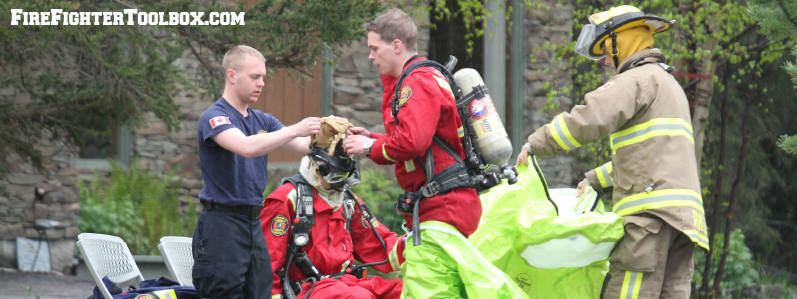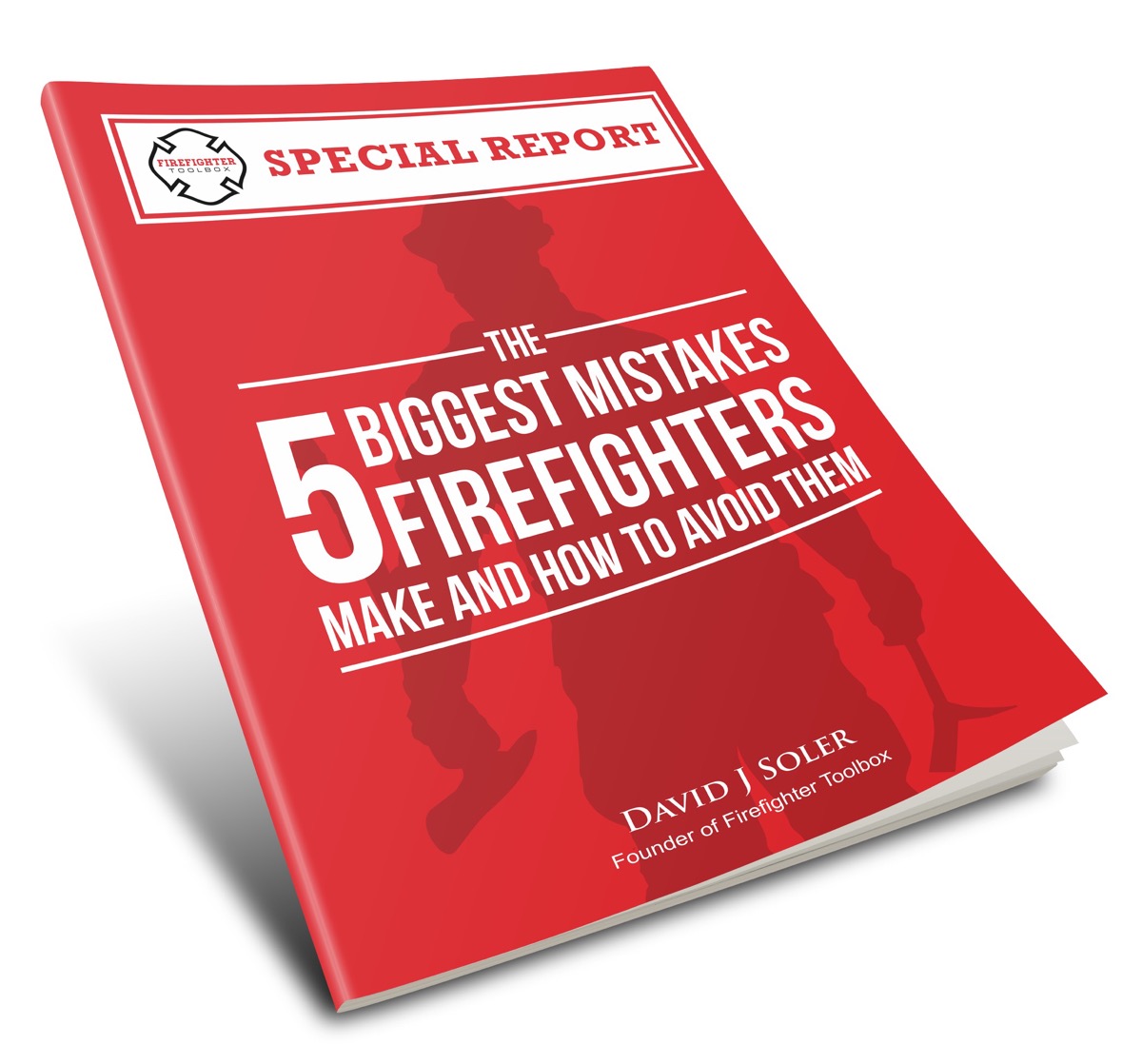7 Rules for Exemplary Leadership – Part 2
“Leadership is the capacity to influence others by unleashing their power and potential to impact the greater good.”-Ken Blanchard
Here are Rules 3 & 4 of the 7 Rules for Exemplary Leadership
—-
Rule 3 – Be Honest
Who hasn’t heard the term, “honesty is the best policy?”
Unfortunately some leaders aren’t totally committed to the honesty camp and believe that it is ok to tell white lies to prevent hurting someone’s feelings. I suppose this is ok if they are working at the local department store and they don’t want to tell an employee that her new hair style just doesn’t quite fit her and her $75.00 was wasted.
The point here, is that firefighters deserve the truth and need to hear the truth so they can become better.
Start talking about the white elephant in the room. If a firefighter is bringing down the team with a negative attitude, he needs to be spoken to. A failure to speak the truth will cause harm to the team.
If the platoon officer is on a power trip and bringing down the team, he needs to hear the truth about how the team feels.
NEVER make the assumption that being honest implies that you are given free reign to speak in a hurtful and spiteful way. This is NOT what being honest is all about.
Being honest is being able to communicate how one feels, what you need or don’t need and how you are feeling.
It’s easier to say, “folks we messed up at the call last night and I feel frustrated that we fell into our old habits again,” rather than saying, “we messed up again and I am sick and tired of talking about how we are going to deal with car fires. When will you get it?”
If budgets are to be cut or projects killed, tell it like it is, and then bring forward another option.
To squash the rumor mill, communicate with honesty and let firefighters know what is happening.
Remember, the only reason the rumour mill gains momentum is because people are not exposed to the truth.
Being honest is ALSO about being honest with oneself.
The exemplary leader regularly performs a personal assessment to build upon her strengths and minimize weaknesses.
They peel away the layers of self examination to discover who and what they really are.
It takes courage and honesty to analyze oneself to reveal faults. It’s uncomfortable but exemplary leaders DO IT regularly.
Being honest requires courage and sensitivity. Exemplary leaders believe that honesty is the best policy.
Rule 4 – Find the Strengths in Your People
People tend to remember unpleasant experiences more than the positive ones. Psychologists call this a “negativity bias” and this shouldn’t be something that influences a leader.
It’s human nature to be drawn into the negative talk about others, after all we all have our thoughts on issues and we are generally opinionated about our thoughts and beliefs.
People make mistakes. Don’t fall into the trap of putting all of your attention on the mistake and falling prey to a negativity bias.
Rather than remember the mistakes or weaknesses of others, an exemplary leader focuses on the strengths of others.
Here is a new concept-try being a Pygmalion Leader.
The Pygmalion Effect is based upon the foundation that having high expectations of others results in them believing in their ability to meet the expectations. Essentially it becomes a self fulfilling prophecy.
In other words, people will respond positively when high expectations are placed upon them because they BELIEVE they can meet the expectations.
It’s ok and necessary to have high expectations for firefighters.
Without having high expectations the firefighter (and eventually the team) will fall into the status quo mindset and become lazy.
FIND THE STRENGTHS in your firefighters and build upon them.
Check out Part 3 Here ( When Published)






